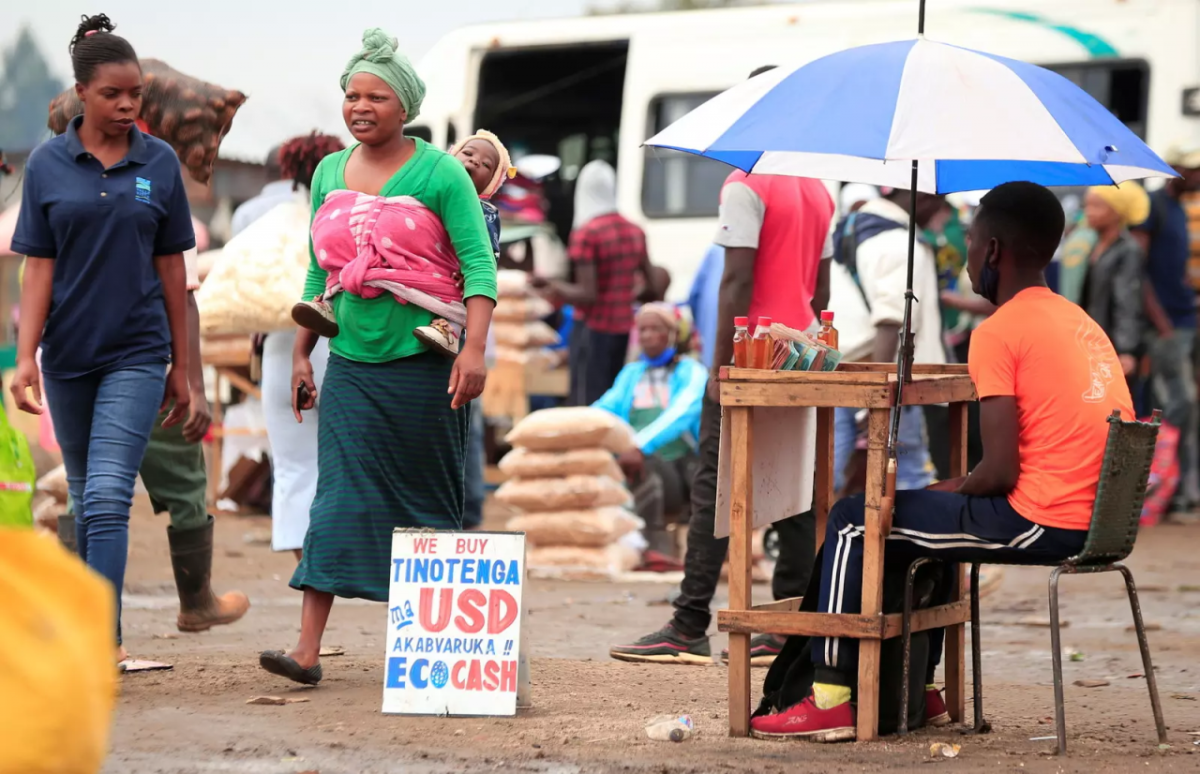It's Time for a Rethink on Financial Inclusion - New Principles Show How
By: Ajay S. Banga, Executive Chairman, Mastercard

This article was first published on the World Economic Forum Global Agenda.
Where trade thrives, people thrive. This has been true for centuries. From the agoras of ancient Greece to the bustling bazaars throughout the world today, trade has always been a vehicle for connections and commerce – and also for the exchange of cultures and ideas. Opportunity was a matter of getting to the marketplace.
These days, more and more of the work we do and the widgets we exchange are digitized. Even before the pandemic sparked a rapid shift to e-commerce and digitization, services and data flows were outpacing goods as the main units of trade. In theory, the internet became the global commons, a place where anyone with a solid business idea and internet access could link up to the supply chain system and become a legitimate entrepreneur.
Read more.
Check out more content regarding The Mastercard Center for Inclusive Growth

